 |
|
||||||
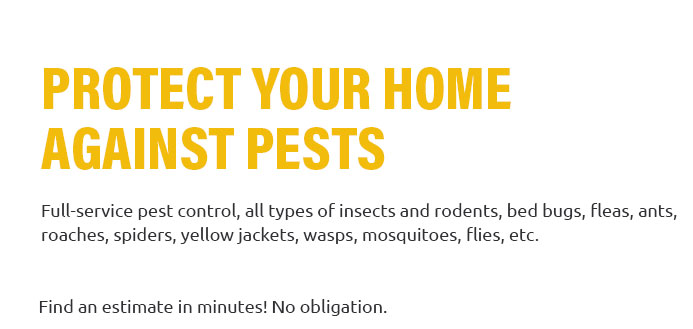 |
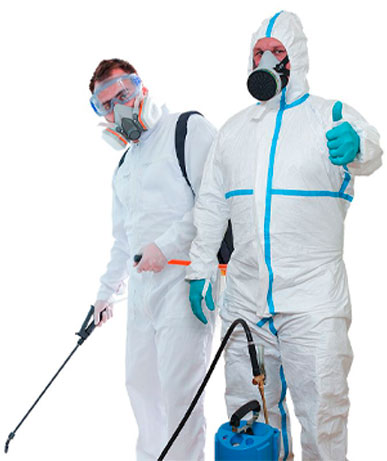 |
 |
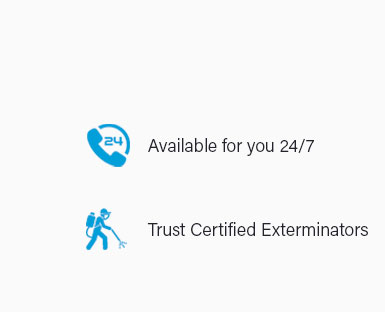 |
 |
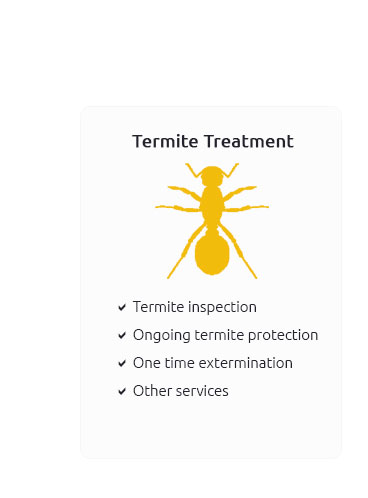 |
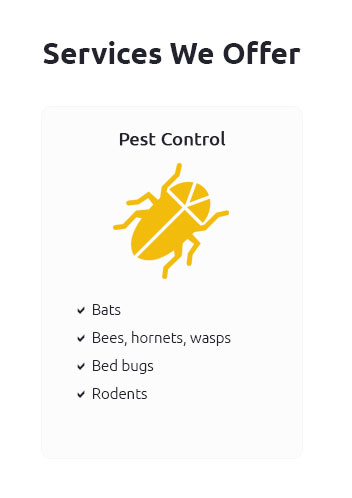 |
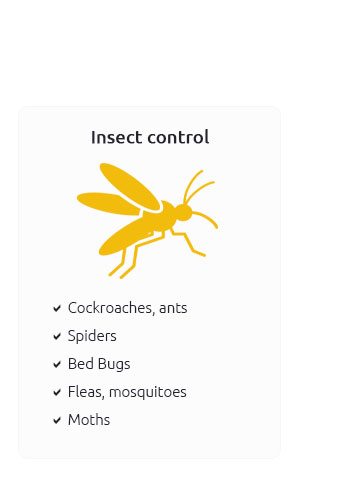 |
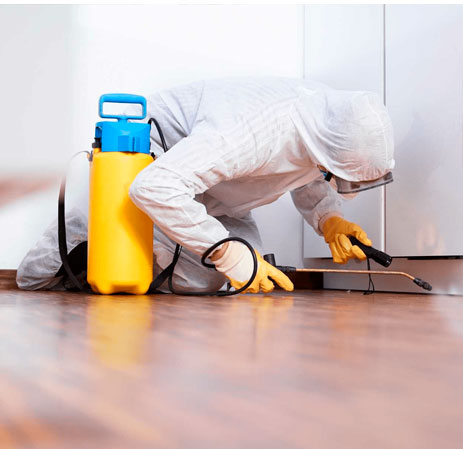 |
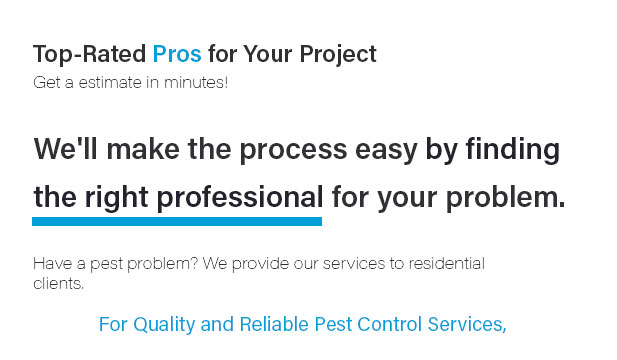 |
 |
 |
 |
Understanding Termite and Pest Control: A Comprehensive GuideThe realm of termite and pest control is a fascinating, albeit crucial, aspect of maintaining the sanctity of our homes and properties. As humans, we share this planet with myriad other creatures, some of which, unfortunately, pose significant threats to our living spaces and well-being. Termites, often dubbed the 'silent destroyers,' epitomize this threat. These tiny insects can wreak havoc on wooden structures, causing substantial damage before their presence is even detected. Pest control, therefore, becomes an essential practice not just for comfort but for the preservation of our investments and health. Embarking on the journey of pest control requires a nuanced understanding of the various methods and their effectiveness. Broadly, these methods can be categorized into chemical, biological, and physical controls, each possessing its own merits and drawbacks. Chemical controls, for instance, are widely acclaimed for their immediate impact. Pesticides can quickly eliminate pests, providing a sense of relief and security. However, they come with environmental and health concerns. Over-reliance on chemical solutions can lead to resistance among pest populations and potentially contaminate soil and water sources. On the other hand, biological control methods, which employ natural predators or pathogens to manage pest populations, offer a more sustainable approach. Yet, they may require more time to observe tangible results and depend heavily on maintaining a balanced ecosystem. Physical controls involve barriers or traps that prevent pests from entering or thriving in a particular area. These methods, while labor-intensive, offer a non-toxic solution to pest management and can be particularly effective when used in conjunction with other strategies. The choice of method often depends on the specific pest, the extent of infestation, and the preferences of the property owner. A combination of these techniques, known as integrated pest management (IPM), is frequently recommended for its balanced approach. The cost of pest control services is another factor that can influence decision-making. While professional pest control services guarantee expertise and efficiency, they can be costly, especially for extensive infestations. DIY methods, though more economical, require significant effort and knowledge to be effective. In this context, preventive measures, such as maintaining cleanliness, sealing entry points, and regular inspections, become invaluable. They not only reduce the likelihood of infestations but also minimize the need for more aggressive interventions. Considering the pros and cons of various pest control strategies, it becomes apparent that a balanced, informed approach is paramount. While the immediate effectiveness of chemical solutions can be appealing, the long-term benefits of sustainable practices cannot be overlooked. As we navigate this complex field, it is essential to remain informed and adaptable, tailoring our strategies to the unique challenges presented by our environments. FAQ
https://blackwidowpestcontrol.com/
Specializing in bird remediation, bed bugs, termites, flies, bees, wildlife trapping, mites, rodent proofing, rodent trapping and more https://www.standardpest.com/services/termite/
Are you having a bad termite problem that's eating away at you? Our exterminators provide termite control throughout Manhattan, Queens, Brooklyn, Bronx, ... https://www.tapoutpestcontrol.com/
Say goodbye to pests with Tapout Pest Control. We are a fully-licensed, experienced residential and commercial pest control company in New Jersey.
|



